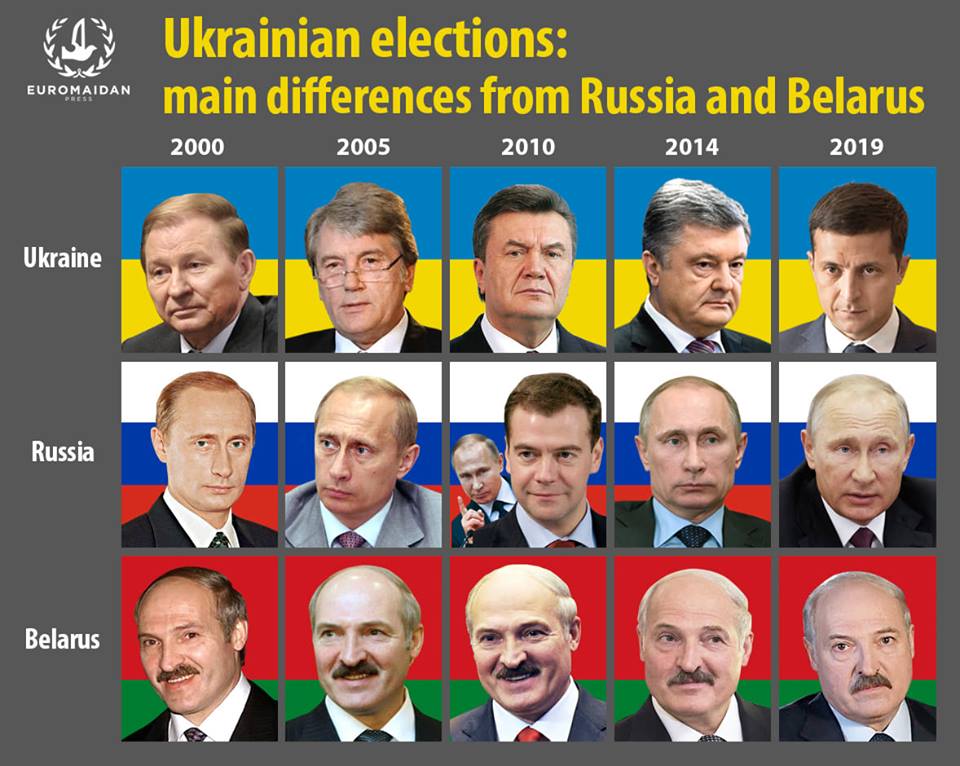Kyrgyz President Sooronbay Jeenbekov was forced to resign following a week of protests against the rigged parliamentary elections. Thousands of rallies and protests continue in Belarus. Students, activists and thousands of ordinary citizens accuse the country’s longtime authoritarian ruler, Alyaksandr Lukashenka
, of rigging the presidential election. Meanwhile, in the distant Caucasus, the war between Azerbaijan and Armenia continues… However, I will not talk about the tragic events in Nagorno-Karabakh, as this is indeed a more complex issue.
Why does the ghost of the Soviet Union still permeate society? Why doesn’t it allow people to live peacefully? Why does it provoke protests, conflicts and wars?
The answer to these questions is very simple. A catastrophe awaits those who are not able to banish the Soviet ghost from their homes. Elections also took place recently not only in Kyrgyzstan and Belarus, but also in Lithuania (October 11 and 25, 2020). This country was occupied by the Soviet Union for five decades, but once again held yet another “boring” democratic vote, which will change the government.
This is the norm for a democratic state, where politicians and analysts analyze and talk about election results, and not street protests.
What about the local elections in Ukraine? The ruling party, President Zelenskyy’s Servant of the People, suffered a clear and predictable defeat, and political observers and commentators pointed to the president’s personal failure. It has been the topic of TV shows and diverging comments on different social networks, but we all remember how different it used to be in Ukraine.
In 2004, the Ukrainian government, which at the time was very similar to the Lukashenka regime, tried to falsify the results of the country’s presidential election (runoff between Viktor Yushchenko and Viktor Yanukovych). However, Ukrainians took to the streets, rose up against electoral fraud and defended their choice. Since then, Ukrainians no longer live like their neighbours.
The ghost of the Soviet Union was definitively buried in Ukraine in 2014, although it returned to Crimea and the Donbas in the form of “little green men” and Russian tanks. And so, the occupied territories “vote” like Kyrgyzstan and Belarus, where electoral fraud has become the norm. Well, isn’t it also the norm in the country that occupied Crimea and the Donbas – Russia?
The Russian people have failed to defend their right to fair elections, so the Kremlin has decided that it is entitled to go to war not only against its own people, but also against the neighbouring countries.
I have no doubt that the Russian people will be forced to take to the streets again and again… just as the people of Kyrgyzstan or Belarus. Because authoritarianism, which defends its right to absolute power through fraud and extreme force, is not only cruel, but also fruitless.
I admit that I am making a simplistic comparison. But, looking at how the elections are held in Ukraine and how they are organized in neighbouring countries - not to mention the “voting” in the occupied territories - we can all see what Ukrainians have achieved thanks to the different Maidans.





